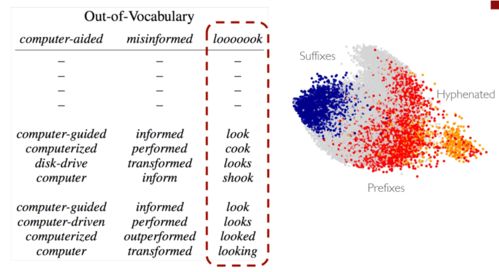Translate the Indonesian word 'pasi' into English
Title: The Intricacies of Translating 'Pasi' from Indonesian to English
In the realm of language translation, certain words present unique challenges due to their cultural and contextual nuances. The Indonesian word 'pasi' is one such term that defies a straightforward translation into English. This article delves into the complexities of translating 'pasi,' offering a comprehensive analysis from various perspectives, and addresses frequently asked questions surrounding its interpretation.
Understanding 'Pasi': A Cultural Perspective
The word 'pasi' in Indonesian has a rich tapestry of meanings that cannot be easily captured in a single English word. At its core, 'pasi' refers to a feeling of weariness or fatigue, but it extends beyond mere physical exhaustion. It encompasses emotional and mental tiredness, often resulting from prolonged stress or overwhelming situations.
Multidimensional Analysis
1、Linguistic Analysis:
- In linguistic terms, 'pasi' is an adjective that describes a state of being. It is derived from the root word 'pas,' which means 'to be tired.' The suffix '-i' often turns verbs into adjectives in Indonesian.
- English equivalents might include 'tired,' 'exhausted,' or 'fatigued,' but these translations fail to capture the full essence of 'pasi.'
2、Cultural Context:

- In Indonesian culture, 'pasi' is deeply rooted in the concept of well-being. It is not just about physical tiredness but also about the emotional and mental toll that stress and pressure can take on an individual.
- English lacks a word that encapsulates this multidimensional aspect of 'pasi.'
3、Practical Application:
- In daily conversations, 'pasi' is often used to express a sense of burnout or a desire for a break. It is not uncommon for Indonesians to say, "Saya pasi sekali" (I am so tired) when they are overwhelmed by work or personal issues.
- In English, this might be expressed as "I'm exhausted" or "I need a break," but these phrases do not convey the same emotional weight.
FAQs
Q: Why is 'pasi' difficult to translate into English?

A: 'Pasi' is challenging to translate because it encapsulates a complex range of emotions and physical states that do not have a direct equivalent in English.
Q: Can 'pasi' be translated as 'tired' or 'exhausted' in English?
A: While 'tired' or 'exhausted' can be used as approximate translations, they do not fully capture the emotional and mental aspects of 'pasi.'
Q: How can one convey the meaning of 'pasi' in English more accurately?
A: To convey the meaning of 'pasi' more accurately, one might use phrases like "I'm worn out" or "I'm emotionally drained," which better reflect the multifaceted nature of the word.
Q: Is there a specific context where 'pasi' is used differently in Indonesian?
A: Yes, 'pasi' can be used in various contexts. For example, in a work environment, it might be used to express a desire for a break, while in personal relationships, it might convey a sense of emotional overload.

References
1、Indonesian-English Dictionary: This dictionary provides a comprehensive list of Indonesian words and their English equivalents, highlighting the nuances of translation.
2、Cultural Studies Journal: Articles in this journal explore the cultural significance of language and how words like 'pasi' reflect the societal and emotional landscapes of a culture.
3、Linguistic Research Papers: Academic papers that analyze the linguistic structure of Indonesian and its translation challenges provide valuable insights into the complexities of translating 'pasi.'
In conclusion, the translation of 'pasi' from Indonesian to English is far from straightforward. It requires a nuanced understanding of both languages and cultures to capture the full essence of this word. By examining 'pasi' from linguistic, cultural, and practical perspectives, we can appreciate the challenges and complexities involved in translating such a rich and multifaceted term.







